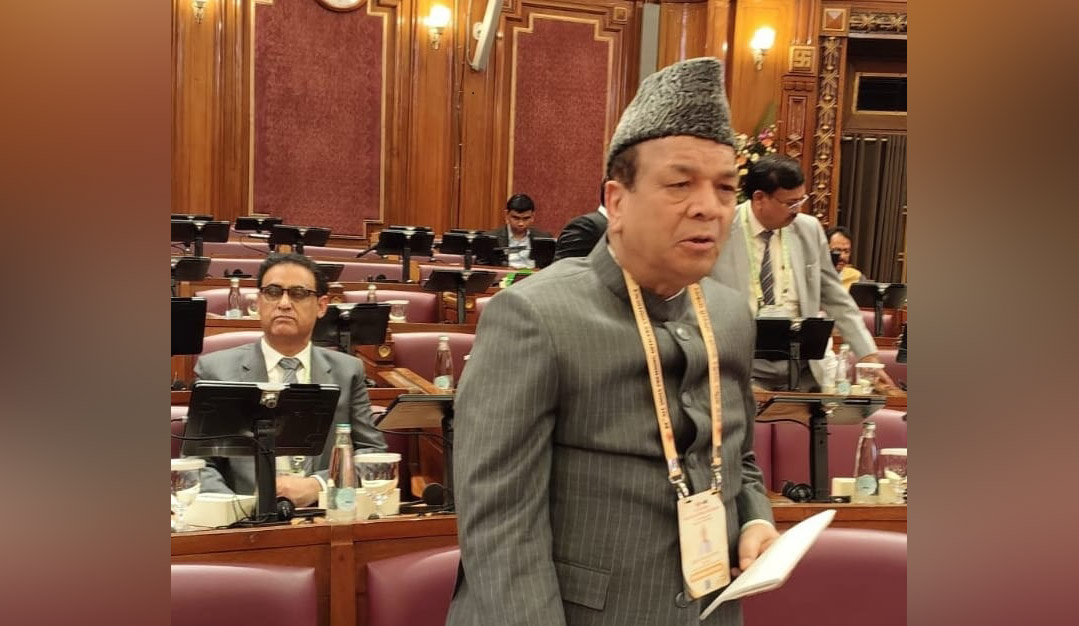|
The
story of human civilization is one of harnessing biodiversity to its
advantage. All crops were derived from wild plants. All domesticated animals
were hybridized variants of their wild cousins. Almost all medicines owe
their origin to nature, according to experts.
|
Agencies
Jaipur: The vast numbers of
different kinds of living organisms that make up Earth’s biodiversity are a
result of three-and-a-half billion years of evolution. (Image used for
representation).
Mankind can find solutions for future pandemics in
conservation of biodiversity, which simply means conserving the gene pool of
all things living, for posterity. Gene pools can be classified into possible
usages like fighting pandemics, fighting hunger, fighting garbage in our
cities, in landfills and in oceans, fighting air pollution, and above all,
fighting climate change.
The story of human civilization is one of harnessing
biodiversity to its advantage. All crops were derived from wild plants. All
domesticated animals were hybridized variants of their wild cousins. Almost all
medicines owe their origin to nature.
This diversity of living beings and diversity of ecosystems
within which they flourish (oceans, deserts, mountains etc) make up for overall
biodiversity. The vast numbers of different kinds of living organisms that make
up Earth’s biodiversity are a result of three-and-a-half billion years of
evolution.
Benefits of biodiversity are measured in terms of ecosystem
services. It is believed that value of ecosystem services is significantly
larger than global GDP of all countries. An example of ecosystem services would
be the service of pollination of plants provided by bees. Just imagine if there
were no bees, what it would take to pollinate the plants across the world,
manually!
But like everything good, biodiversity too could be under
threat. There have been five major mass extinctions, owing to cataclysmic
changes in the environment. Some experts believe that we are now headed for a
sixth mass extinction. This one will be caused by loss of habitat.
India is ranked high among the countries with greatest
degree of biodiversity (it has about 7% of the global faunal and about 10% of
the global floral total species), and we, therefore, have most to lose – unless
we take effective collective action now, to save humanity, to save the world,
to save our children and our future generations.
We need collective action across individuals, families,
communities, nations to save biodiversity. We must conserve forests and
associated biodiversity, and work towards achieving the common goal of having
33% of India’s land under forest cover.
If the human race has to survive, all other life forms must
survive to support the web of life. Human race has the ability to decide the
future of itself and future of other life forms.
Thousands of years ago, great thinkers of India contemplated
the same and came up with a universal maxim of ‘Vasudhaiva Kutumbakam’ which
means the universe is my family. Let us trust that all solutions are within
nature (biodiversity), and we promise to protect our common future.




No comments:
Post a Comment